Category: Social Media Guide
The Internet is both a blessing and a curse. It gives us access to any information from any part of the world, allows us to talk and develop relationships with people we may have otherwise never encountered offline, and is always, always available.
Using social media can feel like a mindless activity. Most of the time, we’re opening apps and scrolling as if on instinct, and before we know it, it’s been an hour of alternating between apps and retaining absolutely nothing about what you just saw and who you interacted with. Using social media is a way for our minds to go on autopilot, spending time on your phone to kill time in line, in class, and when you’re lying down to put off going to bed.
With more and more people opening up about their mental health online, you may find yourself thinking about a few things. You may feel proud of them for opening up about their struggles on a large platform, or you might feel comforted and feel less alone that someone you know also has struggles with their mental health. You might think about how social media is helping reduce the stigma about mental illness by giving many the opportunity to write about what they’re going through too.
Have you ever wanted to try going off the grid for a while, or even just wanted to see what happens if you didn’t have your phone on you, period. There are a number of benefits, but the effects aren’t always positive. Regardless of the situation, have you ever found yourself itching to use your phone when it wasn’t on you?
Trauma is debilitating. It can make you feel hopeless, alone, and at the very least, it hurts. Everyone has different sources for their trauma (and all of them painful in their own way), and everyone has their own ways of talking, or choosing not to, talk about their trauma.
Instagram became a part of my life in middle school and continued to grow in importance throughout high school, following me into college. I spent years of my life thinking, “That would be a...
It’s difficult to truly disconnect from technology today. Even if you take a break from your phone, lock up your tablet to let it collect dust, or haven’t watched a show on an actual TV in months, screens are still everywhere. There’s electronic billboards, signs with pleasant robotic voices that dictate when the next bus or train is about to arrive, and TVs in stores displaying fashion shows, music videos, and anything else related to the content that they’re selling.
Memes, quite honestly, can be a great coping mechanism. Using humor as a way to deal with terrible things going on allow us to find some sort of happiness among the sea of bad, and using humor and memes online can help disrupt doomscrolling. Many have found that memes can serve as a bonding activity in a way, allowing all of us who have been affected by negative things to share a laugh and make us feel less alone.
How many devices do you have? Do you have a phone, laptop, tablet, and wearable? How about an ebook reader? How many social media accounts do you have? If all those questions feel overwhelming,...
You may think of two different things when you think about social media. You may think that social media makes everyone an open book, spilling all their secrets and sharing too much information so you know where they are, what they’re eating, and who they’re with at any given moment. You may alternatively think that social media is fake and controlled, and that people on social media only share what they think will get them the most attention.



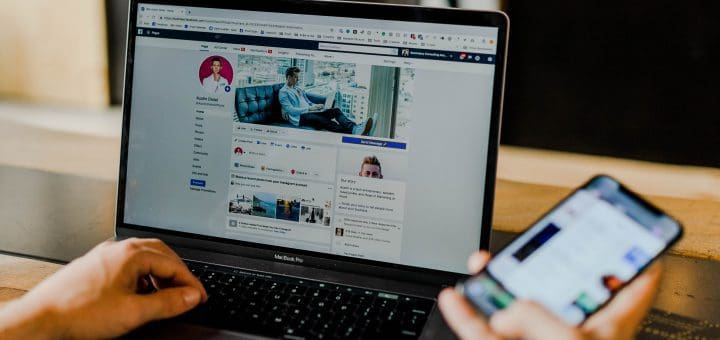
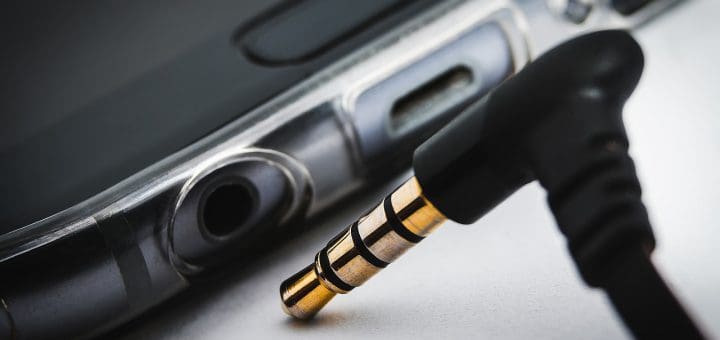
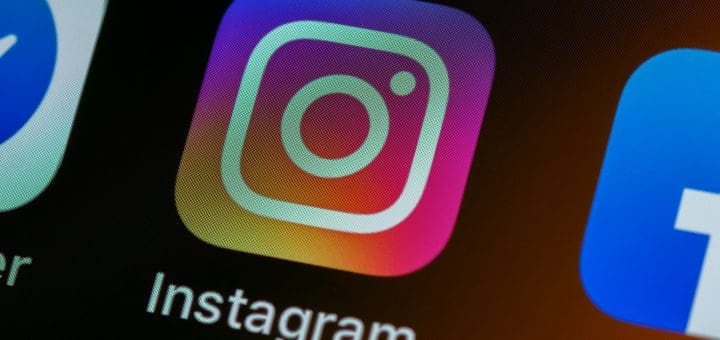
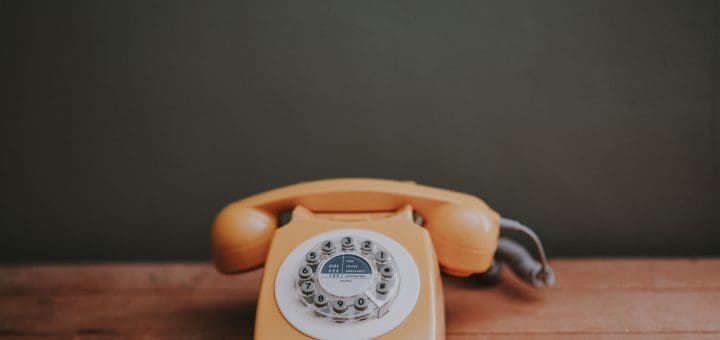
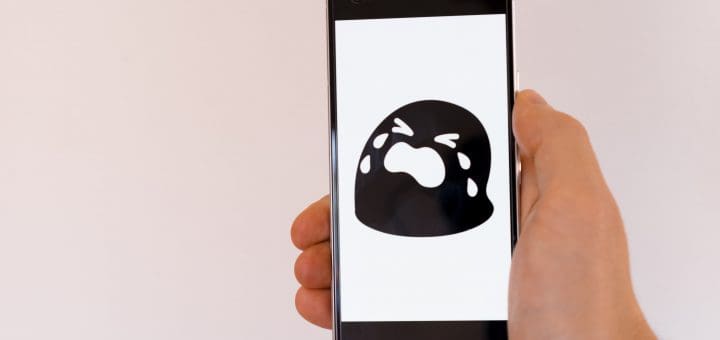
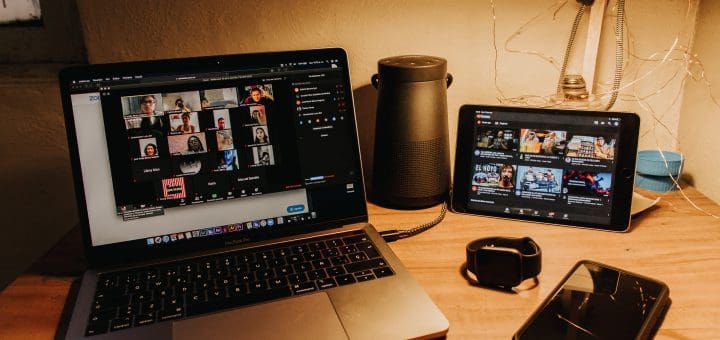
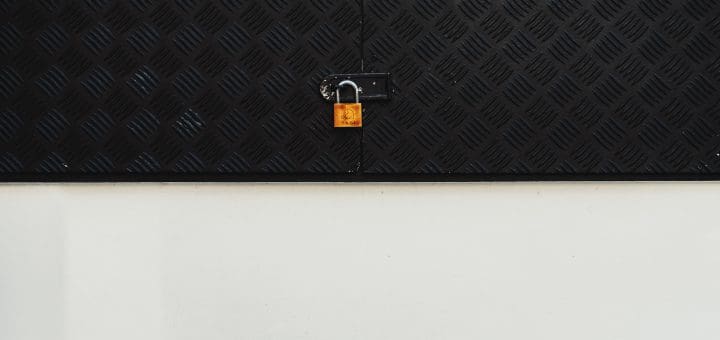
Recent Comments